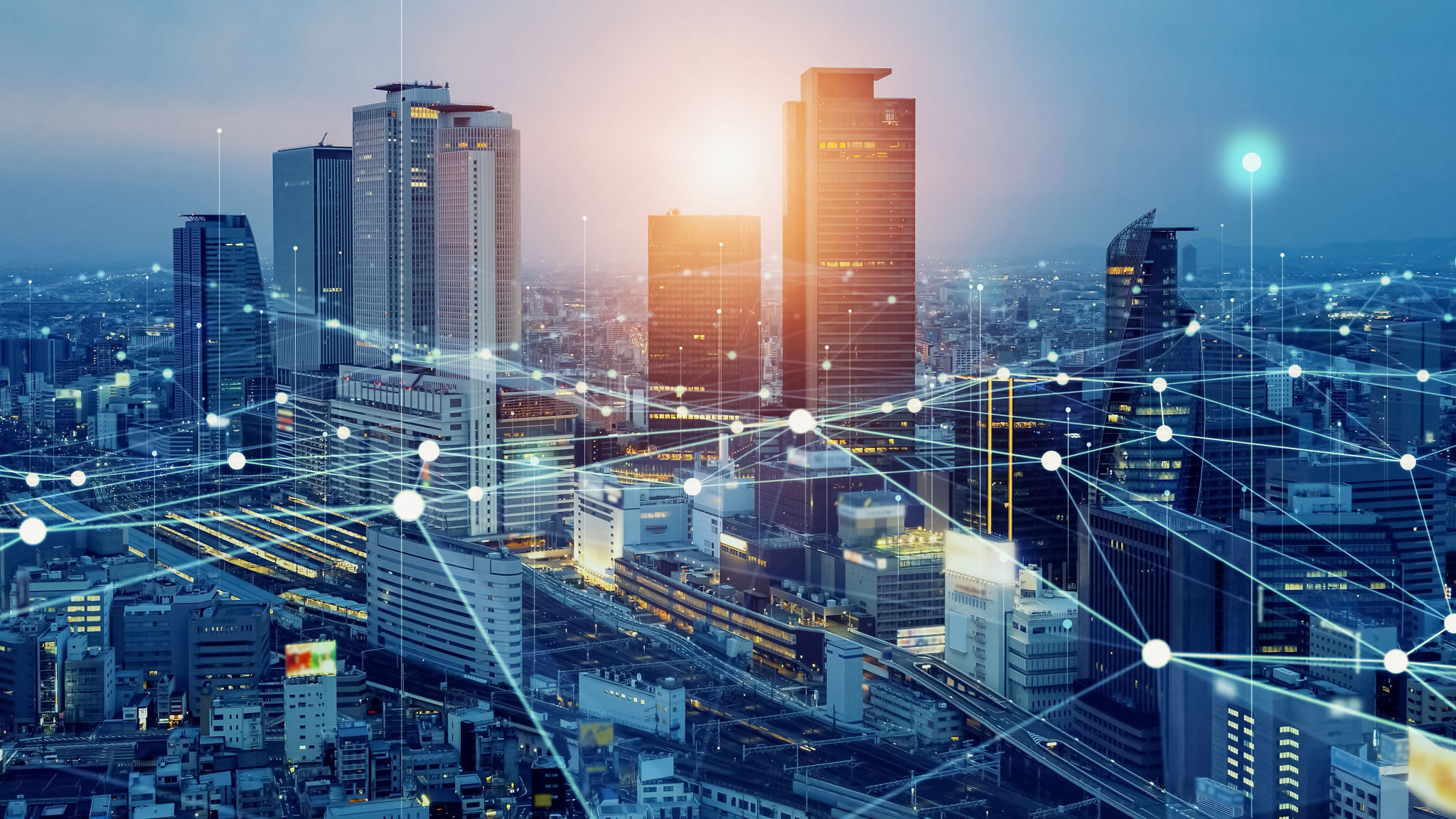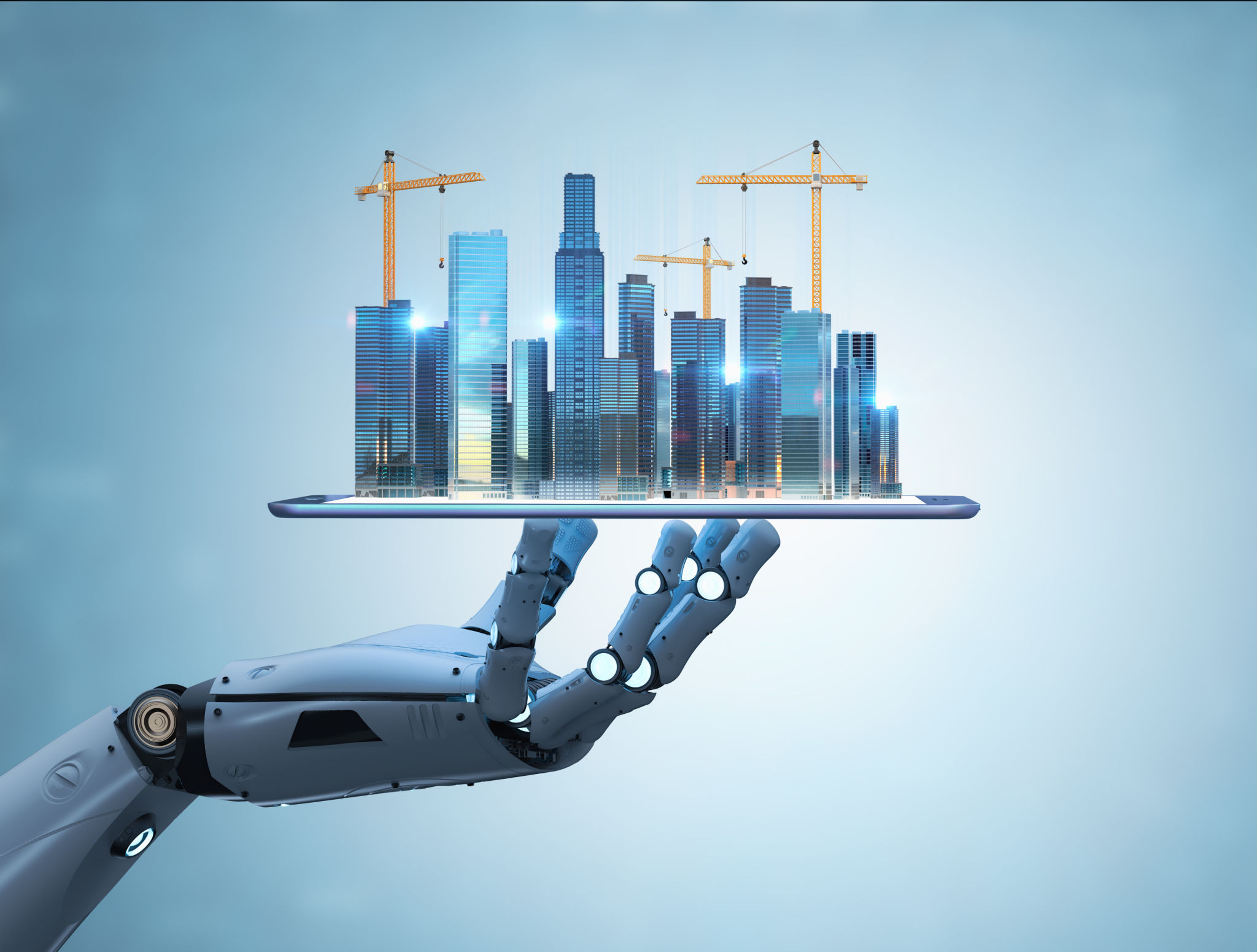The Future of Construction: Embracing AI and Automation
The Rise of AI in Construction
The construction industry has long been viewed as labor-intensive, but recent technological advancements are reshaping this perception. The integration of Artificial Intelligence (AI) and automation into construction processes is not just a futuristic idea—it's happening right now. These technologies promise to revolutionize the industry by enhancing efficiency, reducing costs, and improving safety.

AI applications in construction range from project planning to autonomous machinery. Machine learning algorithms can analyze vast amounts of data to optimize project schedules and resource allocation, while predictive analytics can forecast potential issues before they arise, ensuring projects are completed on time and within budget.
Automation: Transforming Worksites
Automation is transforming construction sites by introducing machines that can perform repetitive tasks quickly and accurately. For instance, autonomous vehicles can transport materials around a site, minimizing the risk of human error and freeing up workers for more complex tasks.
Moreover, robots equipped with AI are being used to lay bricks, pour concrete, and even carry out inspections. These robots can work tirelessly, improving productivity and consistency while reducing the physical demand on human workers.

Safety and Efficiency Enhancements
The integration of AI and automation in construction doesn't just improve efficiency; it significantly enhances safety. Drones equipped with cameras and sensors can monitor sites for potential hazards, providing real-time data to site managers. This technology allows for quick responses to safety concerns, thereby reducing the likelihood of accidents.
Automated systems also ensure that safety protocols are consistently followed. For example, wearable technology can track workers' locations and alert them if they enter a dangerous zone. These innovations help create a safer working environment for everyone involved.
The Economic Impact
While the initial investment in AI and automation technology can be substantial, the long-term economic benefits are significant. By reducing labor costs and minimizing the risk of project delays, these technologies can lead to considerable savings. Additionally, increased efficiency enables companies to take on more projects, boosting their bottom line.

The economic impact extends beyond individual companies to the broader industry. As technology drives down costs, construction becomes more accessible, encouraging innovation and growth. This expansion benefits not only businesses but also communities that gain from improved infrastructure and development.
Challenges and Considerations
Despite the promising future of AI and automation in construction, there are challenges that must be addressed. One of the primary concerns is the potential displacement of workers. As machines take over certain tasks, it's crucial to provide retraining opportunities for workers to transition into new roles that leverage their expertise alongside new technologies.
Furthermore, there are technical considerations such as data security and system interoperability that need attention. Ensuring that AI systems are secure and capable of integrating with existing technologies is essential for their successful implementation.
Looking Ahead
The future of construction is undoubtedly intertwined with AI and automation. As these technologies continue to evolve, they will bring about profound changes that enhance productivity, safety, and economic growth. The industry must embrace these advancements while addressing the accompanying challenges to fully realize their potential.
By investing in AI and automation today, construction companies can position themselves at the forefront of this technological revolution, ready to lead the industry into a new era of innovation and efficiency.
